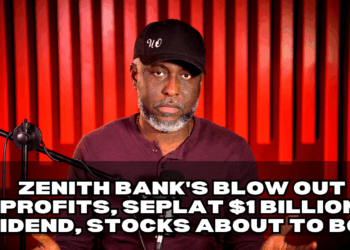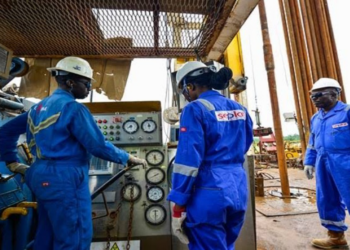Crude and gas production disappoint
For the third time this year, SEPLAT has missed its production and revenue targets. 9M:2019 topline was down by 12.57% Y-o-Y to NGN151.88 billion (9M:2018: NGN173.71 billion). Standalone Q3:2019 revenue printed at NGN42.91 billion, weaker by 37.74%, compared to NGN68.92bn at this time last year. At the start of the year, SEPLAT had put out guidance of 24kbpd – 27kbpd for oil and 146MMscfd – 164MMscfd for gas, but has only achieved 23,658bpd for oil and condensates (vs. 25,286bpd in H1:2018) and 136MMscfd (vs. 155MMscfd last year) for gas, YtD.
The company is facing operational challenges with its efforts to mobilize rigs to site. On the back of an impending global glut in 2020 and weak demand growth, oil and gas prices have also largely underperformed; during the period, average oil price was down to USD64.22pb (9M2018: USD71.14pb) while gas was also discounted to USD2.80/Mscf (9M2018: USD3.06/Mscf). Consequently, the Crude Oil segment floundered – revenue from the segment is down 26.53% to NGN99.08 billion, while gas sales similarly tumbled; down by 16.97% to NGN32.23 billion.
With NGN20.35 billion in gas tolling fees recognized during the period, 9M topline was handed a significant boost, and would otherwise have printed at NGN131.34 billion, a Y-o-Y decline of 24.39%. It is now likely that the company’s initial work programme for 2019 will not be delivered. We now envisage that SEPLAT will exit 2019 at average production levels of 23,000bopd for oil and 130.5MMscfd for gas, a steep discount to our initial expectations of 34,000bopd for oil and 158MMscfd for gas. However, we also expect the final tranche of USD101mn (c. USD30.68 billion) in gas tolling fees to come in by year-end and provide a buffer for 2019FY revenue to rise by 9.88% to NGN242.92 billion (previous estimate was NGN221.08 billion).
Impairment losses knock operating margins
Direct costs surged to 51.38% between Q1:2019 and Q2:2019 (after adjusting for the impact of gas tolling fees). In Q3, Cost to Sales (CtS) trended substantially higher to 58.77%, settling gross margin at 41.23% (Q3:2018: 58.34%). In absolute terms, direct costs were lower (NGN25.22bn vs. NGN28.71) – evidence that the lower revenue base in the period was indeed a setback, otherwise, since 2018, SEPLAT has posted sub-50% CtS.
[READ MORE: Oil exploration breakthrough in Gongola opens up new frontiers]
Although Q3:2019 operating expenses shrunk by 19.98% to NGN4.05 billion, on a year to date basis, operating expenses are up by 46.68% (+NGN8.77 billion), pressured largely by a NGN12.32 billion write off on receivables owed SEPLAT by NPDC, which the company booked in Q2. There was also a 37.27% reduction in finance costs (NGN6.62 billion) as a result of a payoff on the 2022 Revolving Credit Facility which was concluded earlier in 2019. While Pre-tax profit was only NGN56.71 billion (-12.81% y-o-y), after-tax profit printed at NGN56.65 billion, implying an effective tax rate of 1.84%, due to deferred tax assets.
Eland acquisition improves crude production vista
In October, SEPLAT announced that it had concluded plans to acquire an indigenous London Stock Exchange-listed upstream company, Eland Plc. While the acquisition (with a transaction size of £382 million; NGN178.56 billion) is a sharp departure from the company’s organic growth strategy, we believe it has the capacity to buffer Working Interest 2P (Proven + Probable) reserves to 267.69MMbbls (+18.08%). Similarly, based on fundamentals, we believe that this pricing is justified.
Eland’s oil-producing assets currently have a Reserve Life Index of 12.15x.
Outlook and recommendation
SEPLAT’s net income is now expected to print higher at NGN62.78 billion (vs. NGN50.14 billion previously). We now expect 2019FY EPS at NGN110.43. Using adjusted industry EV/EBITDA of 3.84x, 2019FY target price is NGN602.22 (vs. 585.65 previously), which implies a HOLD.






















